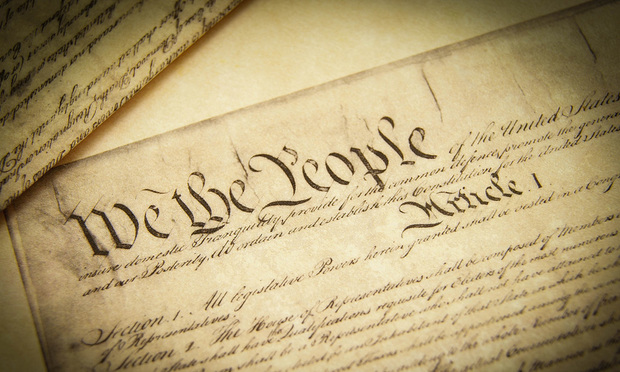At the Federalist Society convention in November, the White House counsel said, reportedly to everyone’s delight, that “the Trump administration’s philosophy on judging can be summarized in two words: ‘originalism’ and ‘textualism.’” And no wonder everyone was delighted, because judges who are strict textualists reach politically conservative results—overwhelmingly. The evidence proves it.
Textualism, the theory of interpretation espoused by the late Justice Antonin Scalia, Justice Neil Gorsuch, and many other state and federal judges, focuses intensely on the words and syntax of a law to decide cases. Other considerations—legislative history, the law’s broader purpose, judicial intuition, sensible policy, a decision’s real-world consequences—matter much less and sometimes not at all.








